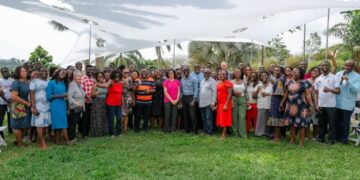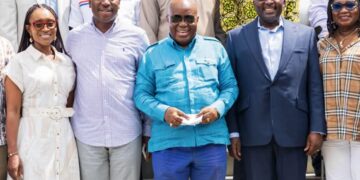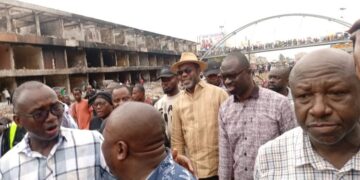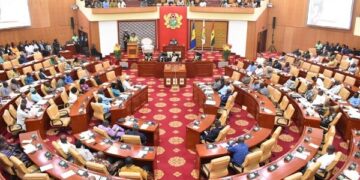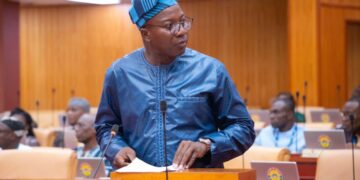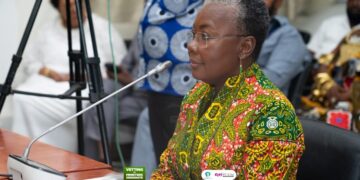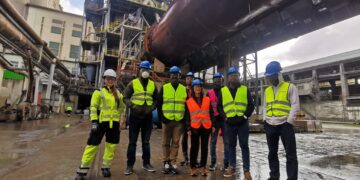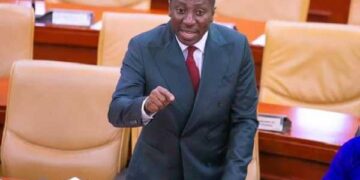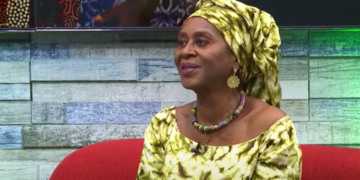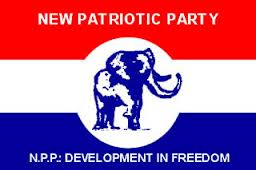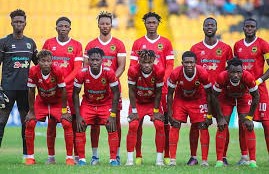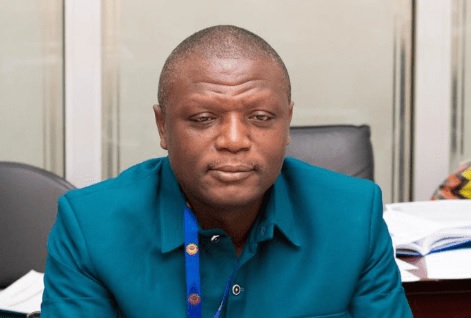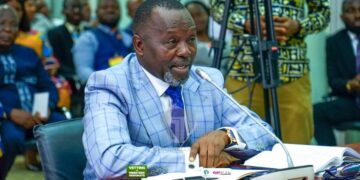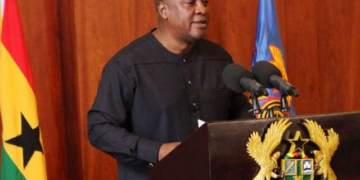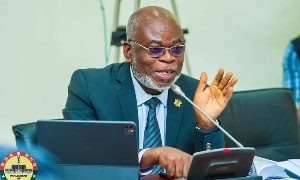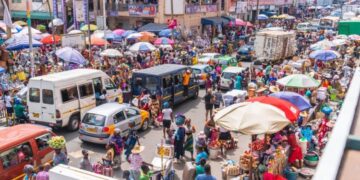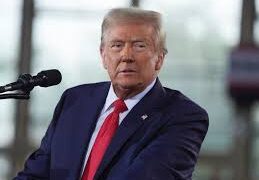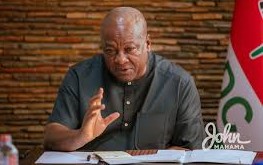Executive Director of the African Centre for Energy Policy (ACEP), Ben Boakye, has accused the Bank of Ghana (BoG) of complicity in perpetuating the environmental crisis by purchasing gold through its domestic gold purchase programme without verifying its sources.
Speaking during a recent NorvanReports, Economic Governance Platform (EGP) and BudgIT Ghana X Space discussion on the topic “Golden Promises, Muddy Realities: The True Cost of Galamsey to Ghana’s Future,” Mr Boakye painted a picture of state complicity in illegal gold mining.
His comments, directed at the BoG and the country’s leadership, underscored a lack of transparency and accountability in the country’s efforts to curtail illegal small-scale mining, locally known as “galamsey,” which has wreaked havoc on the environment.
According to the Bank of Ghana (BoG), Since the inception of the Domestic gold purchase programme, the Bank of Ghana has bought 65.4 tons of gold, valued at $5.07 billion. This year, since January, the Bank has bought 23 tons of gold valued at about $1.8 billion.
The purchases aim to shore up Ghana’s foreign reserves and lend support to the cedi, which has experienced significant depreciation in recent years.
However, the gold being bought is not always sourced from large-scale licensed miners. Ghana, one of the world’s leading gold producers, also has a flourishing artisanal and small-scale mining (ASM) sector, which operates with minimal regulation.
It is in this space that galamsey activities thrive, often conducted without regard for environmental protections or legal boundaries. Mr Boakye pointed out that the BoG’s failure to trace the origins of the gold it purchases enables the laundering of illicitly mined gold into official channels.
“If you don’t track or trace all the gold you are buying to ensure that its from legitimate gold production and all you care about is to get gold to buy, then you are participating in the menace.
“So that’s how high we have gone in terms of participation in this illicit trade to even get the Central Bank, Ministry of Lands and Natural Resources, and others to initiate policies to buy illicit gold, but they are not careful to trace where the gold is coming from,” he quipped.
His remarks resonate deeply in a country where galamsey has devastated swathes of land, contaminated water bodies with mercury, and left entire communities at the mercy of toxic mining waste. Despite the obvious environmental toll, Mr Boakye argued that those in power have not only failed to act decisively but have, in some cases, directly benefited from the illegal mining trade.
Ghanaian politicians, he claimed, have taken advantage of their positions to secure mining concessions for themselves or their associates, while institutions responsible for enforcing mining laws have been rendered ineffective.
He described a cycle of inaction where state authorities turn a blind eye to illicit activities, compounding the environmental destruction. According to him, political interests have corrupted the enforcement of mining regulations, leading to a system where the law protects a select few.
The problem, he therefore emphasized, is not a lack of legal frameworks but a failure of leadership. “We have passed many laws to give authority to people to act and protect our interests,” he said. “But if the very people meant to enforce these laws are the ones engaged in illegal mining, how can we expect any meaningful change?”
“The politicians got in and realized they could also produce gold. They awarded more concessions to friends and cronies,” he said. “Those who were supposed to protect all of us were just watching — or worse, participating in the destruction of the environment.”
Mr Boakye’s criticisms come at a critical time for Ghana, which has seen repeated promises from successive governments to combat galamsey. President Nana Akufo-Addo, who pledged to lead the fight against illegal mining during his first term, has struggled to deliver results, despite creating a national anti-galamsey task force and launching high-profile crackdowns on illegal miners.
Speaking further during the X Space, Mr Boakye called for immediate action from the five-member committee recently set up by the president to address the galamsey issue. He also urged the Minerals Commission to publish all mining licenses issued in the past eight years and provide regular updates on the activities of licensed mining firms, including video evidence of arrests of illegal miners.
Mr Boakye’s remarks represent a broader frustration among many Ghanaians, who feel that the nation’s leadership has placed short-term political and financial gain above the long-term well-being of its citizens. As the galamsey crisis continues to deepen, the credibility of the government’s anti-galamsey efforts is increasingly being called into question, with calls for stronger accountability measures and an end to the complicity of state institutions in illegal mining practices.

